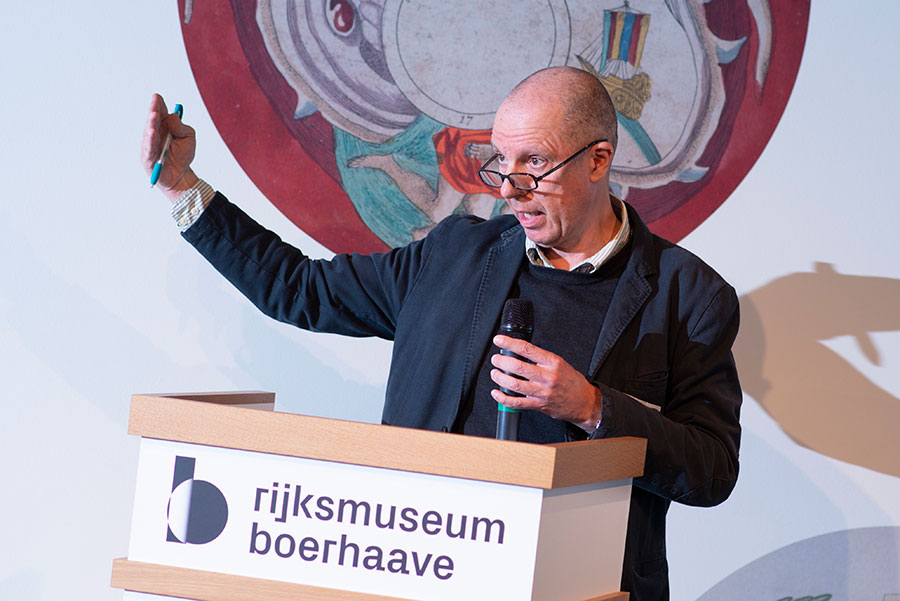Suicide-Safer Project Lead, Reader, School of Allied and Public Health Professions, Faculty of Medicine, Health and Social Care, Canterbury Christ Church University, United Kingdom

Abstract
Describing and Redescribing Suicide: From Pathology to Questions of Social Justice?
Examining historical perspectives on suicide can help us to critically engage with contemporary thought and practices. By examining how suicide has come to be problematised as a particular type of issue requiring a certain kind of response, and by identifying and questioning the assumptions which underpin these formulations of the ‘problem’, we can ask important questions as to the necessity and utility of current ways of framing and responding to suicide. We can perhaps come to see more clearly that contemporary framings of the issue have a history, that these are the result of human practices, and that they emerge out of a network of contingencies and are thus open to change. This matters, I think, because there are relationships between the ways in which suicide is constructed, what gets done in relation to the issue, and the effects in terms of peoples’ experiences of suicidality and suicide (including people who are suicidal, people bereaved by suicide, as well as clinicians and practitioners).
If we trace a history of suicide from 1880 to the present day in terms of thought and practices, we can see that it has been dominated by ‘a compulsory ontology of pathology’. That is, we have come to think about suicide largely in terms of individual mental illness, and practices of risk assessment and management, diagnosis, treatment, confinement, and observation within medical / psychiatric spaces such as psychiatric hospitals and mental health units (and formerly asylums) have come to be naturalised as necessary and effective responses, with prevention as the guiding principle.
Deaths from suicide have, consequently, come to be understood as private, individual events largely divorced from social, cultural and political contexts (that is, issues of social justice, practices of exclusion and oppression, politics, stigma, and relations of power). However, work explicitly linking suicide to issues of injustice, inequality, exclusion and oppression has more recently emerged out of the Critical Suicide Studies Network – constituting what could be called a political or social justice approach to suicide. In this paper I explore what possibilities for thought and action are opened up through the discursive construction of suicide as a question of social justice rather than individual pathology, and consider what this might mean for people who are suicidal, those bereaved by suicide and for those, including mental health nurses, whose work is intimately tied up with notions and practices of suicide prevention.
Biography
Dr. Ian Marsh is a Reader in the School of Allied and Public Health at Canterbury Christ Church University. He has worked in suicide prevention for 30 years, initially as a clinician in community mental health, then as an academic and researcher. Ian’s main teaching and research interests are in critical approaches to health and social care, particularly as they relate to suicide and suicide prevention. He is currently involved in research on online harms for UK Samaritans, and on suicide in public places for the railway industry, Highways England, and at coastal locations. He is academic lead for the Kent and Medway Suicide Prevention Group, volunteers for the Samaritans and is the Suicide-Safer Universities project lead in Canterbury. His Teaching and subject expertise is Suicide Prevention; Discourse Analysis; Disability Studies; Contexts of Participation.
Recent publications
Marsh, I., Winter, R. and Marzano, L. (2021) ‘Representing suicide: Giving voice to a desire to die?’, Health. doi: 10.1177/13634593211046843.
Ian Marsh: ‘Strategies to stay alive, Adaptive Toolboxes for Living Well with Suicidal Behaviour’. International Journal of Environmental Research and Public Health (2021). DOI: 10.3390/ijerph18158013
Ian Marsh and Mark E. Button (eds): Suicide and Social Justice: New Perspectives on the Politics of Suicide and Suicide Prevention (Routledge, 2020).
Marsh, I. (2017) ‘Historical phenomenology: understanding experiences of suicide and suicidality across time.’ In: Pompili, M. , ed. Phenomenology of Suicide. Cham: Springer International Publishing. pp. 1-12 ISBN 9783319479750
Marsh, Ian: Critical Suicidology: Toward Creative Alternatives (UBC Press, 2016)
Marsh, Ian: Suicide: Foucault, History and Truth (Cambridge University Press, 2010);
